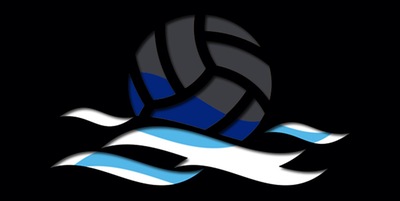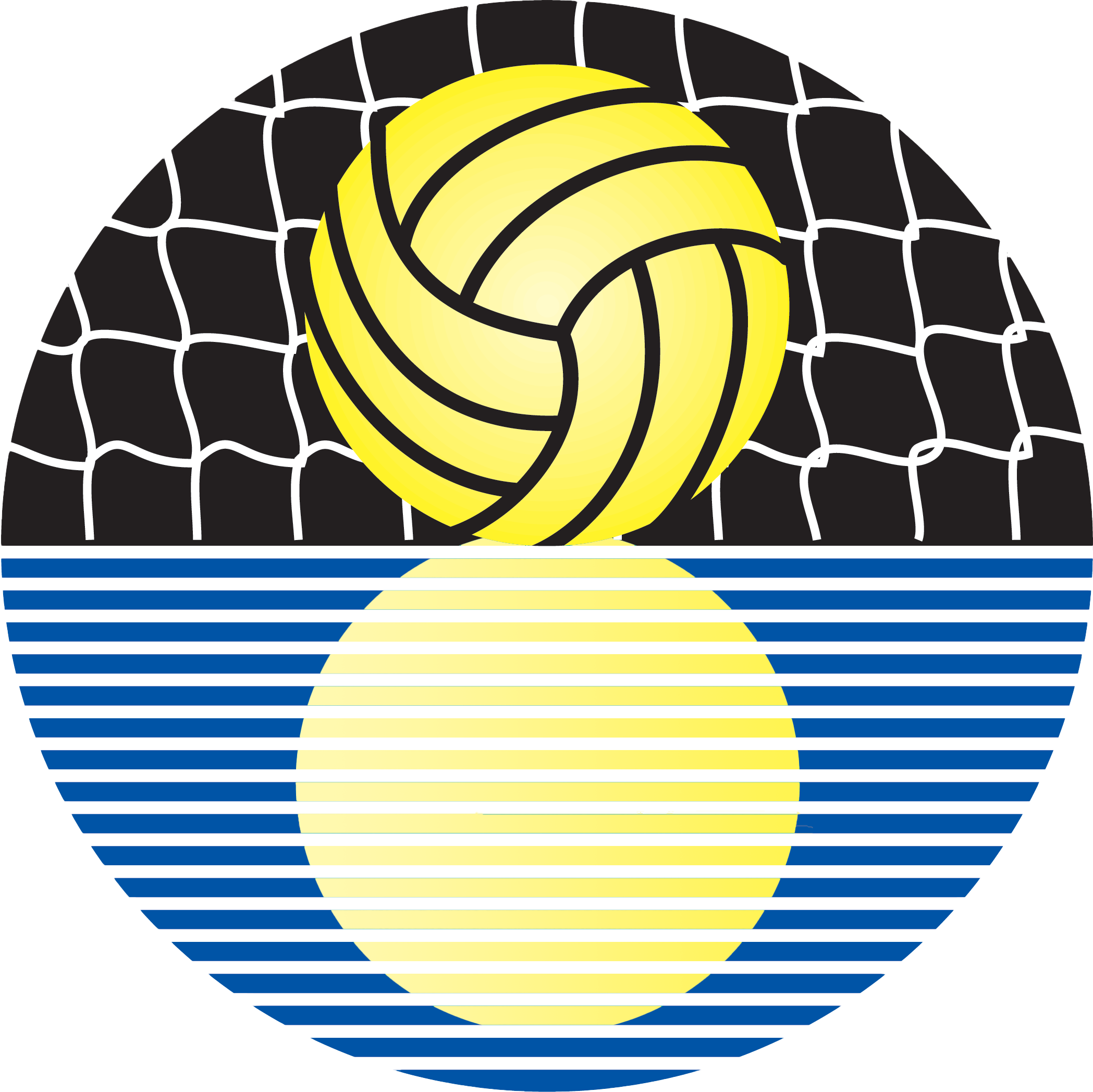BRIDGEPORT, Pa. — Scott Hinman, the long-time swimming and water polo coach at Irvine High School, passed away at a local hospital after collapsing on deck during Irvine’s swim meet at Northwood High School.
Hinman, 61, received cardiopulmonary resuscitation (CPR) on the pool deck and was transported to Hoag Hospital Irvine but could not be revived
He was the high school coach of Olympic gold medalist Amanda Beard, CIF standout Courtney Cashion, and a host of other swimming talents. He led the Irvine Vaqueros to eight consecutive CIF-SS Division I girls’ swimming titles, from 1997 to 2004.
Hinman’s legacy stretched from success in girls water polo and girls swimming to hosting major CIF water polo matches at the Woollett Aquatics Center.
He directed the Irvine Southern California girls water polo championships, which helped lead to the introduction of the sport in the Southern Section finals in 1998. In addition, Hinman guided Irvine’s girls to a runner-up finish behind Newport Harbor in the Division 1 final in 1999.
Irvine and the Woollett Aquatics Center later hosted the top semifinals in boys and girls water polo along with the finals.
“He was way ahead of his time,” former El Toro coach Don Stoll said. “He had girls playing water polo before girls water polo was a sport (with CIF).”
Starting in 1997, Hinman guided the Vaqueros’ girls swimming teams to eight consecutive CIF-SS Division 1 titles. He coached Beard and many of the county’s all-time top swimmers.
Most of his renown, however, came from his role in helping to develop women’s water polo in the United States.
Hinman attended the University of California-Santa Barbara, where he played water polo 1975 to 1978. While there, he was asked to coach the UCSB Women’s Club Team, which he later referred to as “the turning point in my life.” Subsequently, he developed and coached women’s water polo teams for UCSB, Industry Hills, Hackers, and Irvine High School. He was an assistant coach of the U.S. National Women’s Senior Team from 1982 to 1988.
About those early days of women’s club water polo at UCSB, competing against the University of Arizona, Arizona State University, San Diego State University, the University of California-Berkeley, California State University-Chico, the University of Califonria-Davis and Stanford University, Hinman said:
“We were all Collegiate Club programs with no budget and no rules. We played for the love of the game, conditioning, camaraderie and the feeling of worth. Let there be no illusion. These programs were highly competitive and played to win. Play was fierce, officials were evil, but at the end of the day there was always a beer, smiles and a social network that still lives on. There were no scholarships, few overzealous coaches, equal respect for all levels and no prima donnas. Practices were a combination of tough swimming and skills.
“But everywhere we went; there was a common bond and a common goal. How can we get to the Olympic Games? Will there ever be NCAA recognition?”
The National Collegiate Athletic Association (NCAA) recognized the sport and held its first national women’s championship in 2001. Meanwhile, the U.S. Olympic Women’s Water Polo Team has dominated worldwide competition for two Olympic cycles and most recently won gold in Rio last summer.
“For those fortunate enough to play high school, collegiate and international water polo now, I ask you to look to your sport’s history. And when things get a little tough, remember that there were those that did so much so you could have your opportunity. Remember that the growth was based on mutual respect between coaches and players, players and players, schools and schools, countries and countries. Keep the respect as well as the fun these opportunities have a chance to give you.” – Scott Hinman
Information courtesy SwimSwam.com




